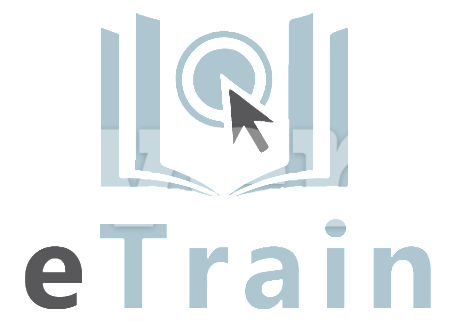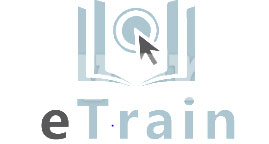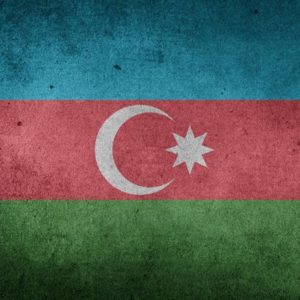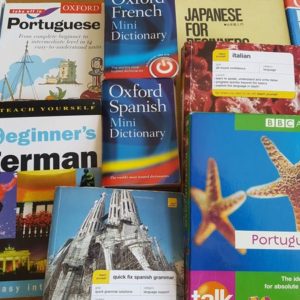Description
What is Canadian French?
Canadian French is an umbrella term for the distinct varieties of French spoken by francophone Canadians: Québécois (Quebec French), Acadian French, Métis French, and Newfoundland French.
A little History on Canadian French
In 1534, Jacques Cartier, the leader of the expedition, landed in the Gape Peninsula, and claimed ‘New France’ for King Francis. French settlers slowly began to colonise the new territory, bringing with them Classical French. The year 1760 marked the launch of British rule of the New World, isolating the French colonies, especially those living in the modern day Quebec region.
Modern Day Canadian French
The Quiet Revolution in the 1960s saw a major drive towards embracing their cultural identity among French Canadians. The Charter of the French Language made Québec French the primary language to be used in business in Québec, and, moreover, severely limited the use of English in public signs. At present, Québec French is the primary language spoken in Quebec and is also widely used in Ontario and New Brunswick.
Special features of Canadian French
Did you know that due to the influence of the English Language, Quebec French vocabulary is distinctive from Metropolitan French?
The other differing features between French and Canadian French, include pronunciation and vowels, however, vowels are where you will find the most noticeable differences between Metropolitan French and Quebec French.
Slang words and idiomatic expressions are where the major difference between spoken Québec French and Metropolitan French lies.
Quebec City itself
Québec is a truly sophisticated island embraced with linguistic and cultural identity. Floating on the greater Canadian sea, it preserves historic quarters, which are tucked away around town.
KEY LEARNING POINTS
This course has been designed to provide you with simple keywords, phrases and expressions that will help you communicate in Canadian French
-
Identify the alphabet and recognise the sounds in Canadian French
-
Introduce yourself and other members of your family
-
Understand and use colours in phrases
-
Work with numbers 1-20
-
Implement the days of the week into your communication
-
Practice simple greetings
-
Discuss professions
-
Talk about where you live and other countries
-
Tell the time
-
Exchange your contact details
-
Discuss your favourite food and drinks with others
ADVANTAGES OF THIS COURSE
-
Exploring another language will take you beyond just a connection with that country. Studying or working abroad can be so much easier when you know the language.
-
Strong skills in Canadian French will be a great advantage if you are looking to settle in Canada.
-
It will slow down cognitive decline. Research found that individuals who speak two or more languages, regardless of their education level, gender or occupation, experience the onset of Alzheimer’s, on average, 4 .5 years later than monolingual subjects did.







Lin –
Greetings! Very useful advice in this particular post!
It’s the little changes that produce the greatest
changes. Thanks a lot for sharing! I have been browsing online more than 4 hours today,
yet I never found any interesting article like yours.
It is pretty worth enough for me. In my opinion, if all web
owners and bloggers made good content as you did, the internet will be a lot more useful than ever before.
I’ll right away grab your rss as I can not
in finding your email subscription link or e-newsletter service.
Do you have any? Please let me understand so that I may subscribe.
Thanks. http://foxnews.co.uk
Adelaide Ackison –
thanks for sharing this information.have shared this link with others keep posting such information..
https://shikasharma.com/
Dion Jacobsen –
thanks for sharing this information.have shared this link with others keep posting such information..
http://independentmodeldaisy.com/